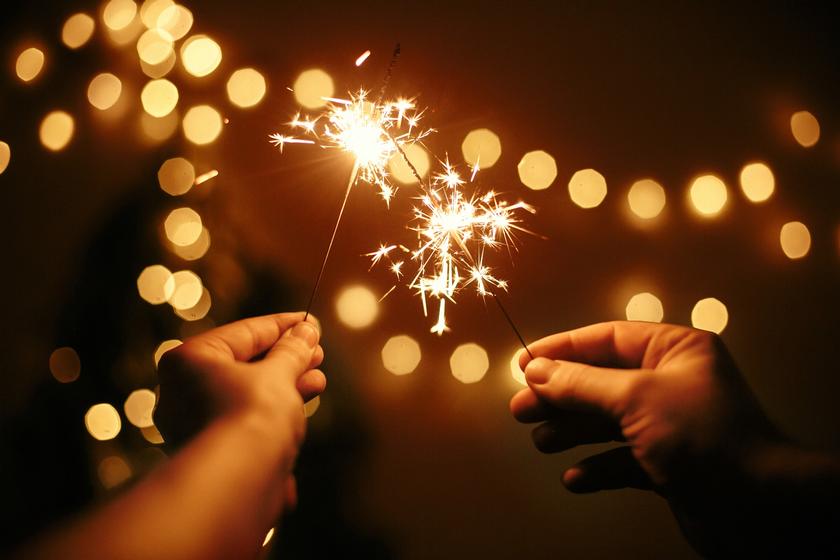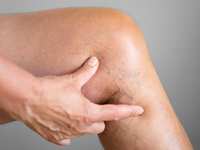Firework Safety: 10 Tips for Preventing Firework Injuries

No Fourth of July celebration feels complete without fireworks — whether you're watching them as part of a citywide celebration or setting them off at home. In the latter scenario, it's important that you and your family are aware of the dangers fireworks pose and practice firework safety.
The clearest indication of the risks: Firework injuries accounted for more than 11,000 ER visits in 2021, according to the National Fire Protection Association.
These injuries are most common in young adults between the ages of 20 to 24, but the next most commonly injured age group is kids ages 5 to 9 — they account for a quarter of all firework injuries.
Half of ER visits related to fireworks in children under 5 are caused by sparklers, something many parents might find surprising.
"People often view sparklers as a less risky option, but it's important to realize that they burn at about 2,000° F," warns Dr. J. Finkelstein, medical director of Houston Methodist's emergency departments. "Sparklers can cause severe skin injury, sometimes even a third-degree burn, in just a short amount of time."
It's not just sparklers, of course. Injuries sustained by bottle rockets and firecrackers are other reasons for ER visits. This is just what's most common, though. Dr. Finkelstein points out that, given their high heat and explosive nature, any firework can cause injury.
The serious injuries fireworks can cause
The most common sites of firework injuries are the extremities — fingers, hands, legs, feet and toes. But it's not uncommon for the eyes, head and neck to be affected. Those account for about 35% of all firework accidents.
"Most of these injuries are burns, but we also see lacerations, deep bruises and fractures in the fingers, hands and feet," says Dr. Finkelstein. "And while less common, more severe injuries — disabling ones — are also possible."
These can range from third-degree burns to loss of eyesight or an extremity. High-powered commercial fireworks can also cause chest injuries and concussions.
Bodily injury aside, firework accidents also started an estimated 12,000 fires in 2021 and resulted in about $60 million of property damage, according to the National Fire Protection Association.
You're really better off leaving fireworks to the professionals and going to a show, but if you insist on setting them off yourself, Dr. Finkelstein stresses that injuries and accidents are preventable.
10 firework safety tips
Fireworks are fun, but they're no joke.
Here are 10 tips for safely using fireworks to help ensure an injury-free celebration this Fourth of July.
- Never allow children under 5 to handle fireworks
- Closely supervise older children while using sparklers and never allow them to light explosive fireworks
- Light only one firework at time and maintain a safe distance
- Wear protective eyewear when lighting fireworks
- Never hold lighted fireworks in your hands
- Never point fireworks at another person
- Never use fireworks while impaired by drugs or alcohol
- Never try to relight or rehandle malfunctioning fireworks
- Soak spent and unused fireworks in a bucket of water overnight
- Never use illegal or homemade fireworks
"It's also important to emphasize these firework safety tips with teens and young adults and explain the risks and injuries that are possible when using fireworks in an unsafe manner," adds Dr. Finkelstein.
By: Katie McCallum

















